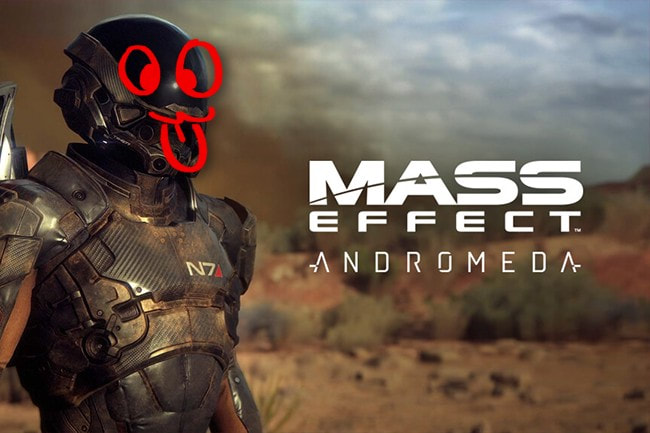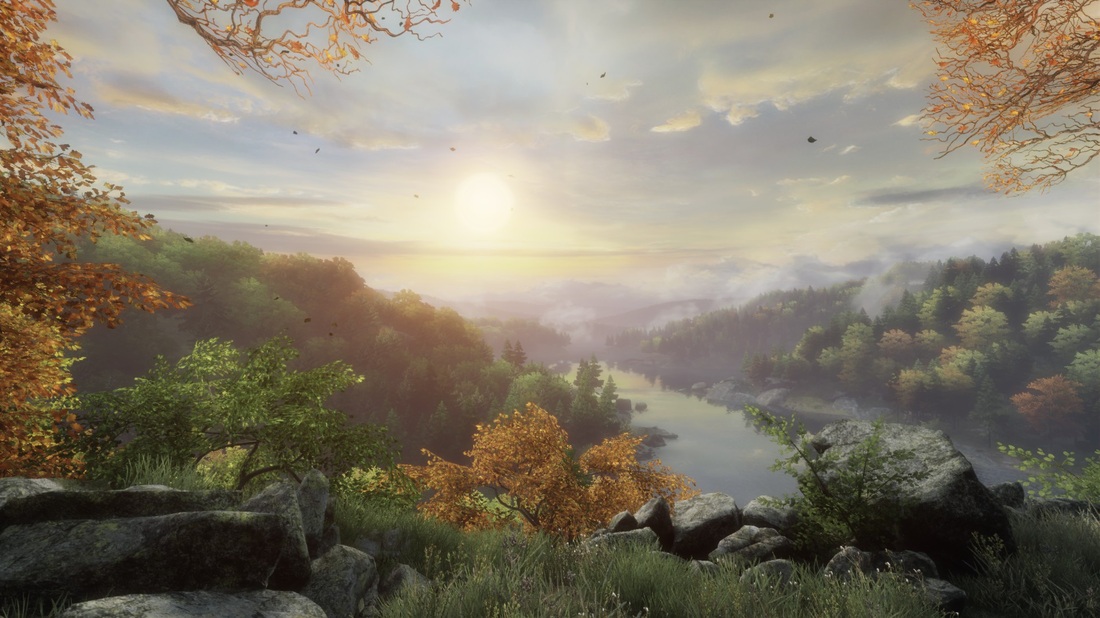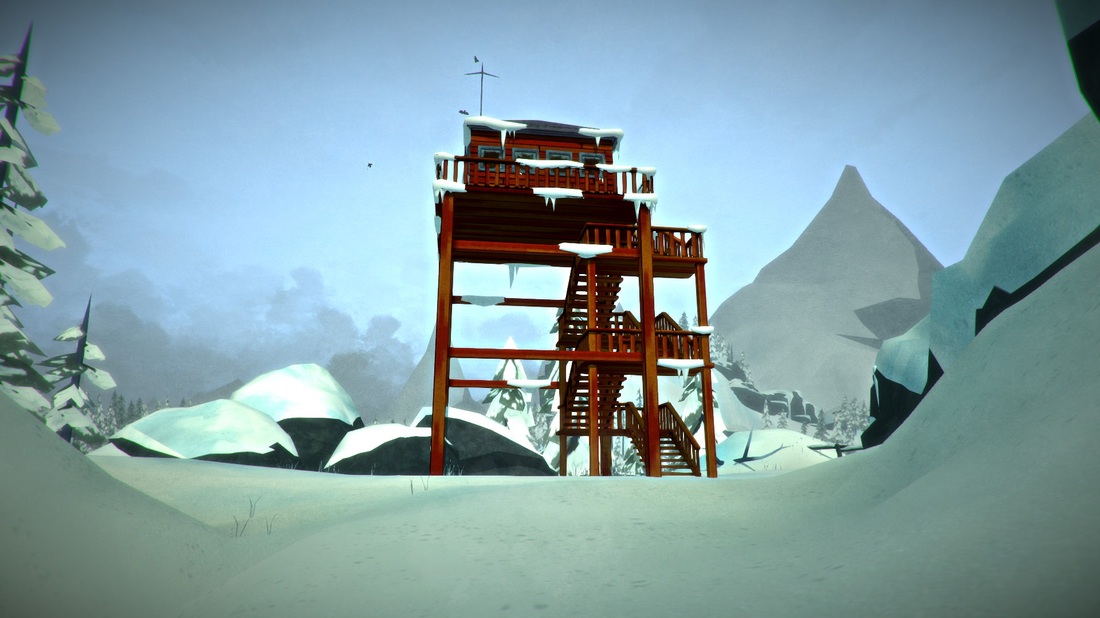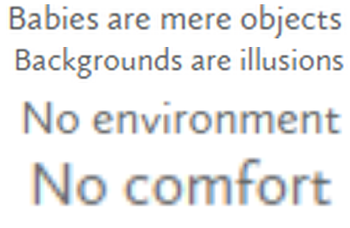Great, because they, alongside Anthem and Casey Hudson’s most recent blog post, are what we will be discussing today.
Last Monday, April 16th, Casey Hudson posted a blog about his large scale wish-list for Bioware’s latest project, Anthem. In this blog post he talked a big game about “the importance of the world, character, and storytelling elements that players expect from our games.” and how they were working super, extra hard to incorporate that into Anthem. My feelings about Casey Hudson about a manager, producer, and writer aside: I don’t think Bioware can deliver.
What we know so far about Anthem is that it’s a third person, multi-player action game. The footage released at 2017’s E3 event showcased one player meeting up with two of their friends, and going on a neat adventure filled with pretty landscapes, jetpacks, and a middle-eastern themed bazaar. It had a very similar look to Destiny, and Anthem has gained a pre-reputation of being a “destiny knockoff” because of this.
My primary issue lies here: Bioware made their name in single-player RPGs. Their bread and butter has been the “Chosen One” style of RPG in which the Player Character is the one with all the power, and the game universe bends to their will. In the past Bioware has excelled at allowing players to craft their own story inside of a story, while cultivating worlds and characters that we all love and want to return to time and time again. Controversial Opinion: I don’t actually think Mass Effect 3 was the end of this era.
When it was released, Dragon Age Inquisition was criticized for many different aspects, some of which are still valid. It’s open-world nature, Corypheus’ weak antagonism, the poorly crafted ending that boiled well developed characters down to NPCs. The problem is that by the time Dragon Age: Inquisition was released, Bioware had a way to avoid addressing any criticism fans had. With Mass Effect 3, Bioware attempted to “fix” the biggest issues. They released a new patch, updated the ending with a voice over, and added a fourth end-game option. None of which fixed the core issues of bad writing and poor management, but to some offered a decent bandaid. When Dragon Age: Inquisition was released and it was also met with harsh criticism, Bioware took their easy way out: they shrugged and thought “you can’t please everyone”.
That’s not the say that people were wrong for being upset with Mass Effect 3 or Dragon Age: Inquisition. They weren’t. But the Mass Effect 3 blowback was so harsh and so pervasive that I don’t think Bioware had any PR response left in them. They took the easy road out of ignoring any and all criticisms and instead of seriously looking inward at any of the complaints they simply plugged and chugged that same formula into a new game, except this one had guns and space.
And was decidedly worse.
Mass Effect Andromeda was a failure on nearly all fronts of Bioware’s development. Like Corypheus, the Archon as an antagonist was flimsy at best and down right ignorable at worst. The ending wasn’t so much an ending as a pause mid-way, that cut off your access to certain parts of the map. Characters were shallow and had only weak attempts at character arcs (Cora) if any at all (Vetra). The gameplay was a lot of fun, and the scenery was beautiful, but for an RPG a weak story and shallow characters are a death warrant.
By the time the criticism for Mass Effect Andromeda came out, Bioware was already done. Developers fought with players on twitter, and Bioware pulled the plug on all single-player DLC and expansions. They didn’t want to hear why we were upset, they figured they’d tried their best and nothing they did would make us happy, so why bother.
Now they’re claiming that they did pay attention, and that all of those things (extensive world building, unique characters, interesting story) will be included in their new multiplayer game. Except they have already proven three times to be absolutely tone-deaf to what it actually is their players are looking for, and I simply don’t believe that a multiplayer game that requires the cooperation of other players, can appropriately facilitate the tone I’m looking for in my RPG gameplay. I, personally, do not want to experience my RPGs with others. I want to play them on my own, at my own pace where I am allowed to digest the content before voicing my experiences.
I also fail to see how stories, world-building, and characters can be a focus of any game that is required to have a multiplayer-first vision. Multiplayers are, by nature, very fighting-heavy because there’s not much else for more than one player to do in a video game. While the worlds presented at E3 looked visually stunning, there was no evidence given of any depth to them, nor anything more than a baseline story that gives reference to the adventures you have with your friends.
I want to state that I certainly don’t think they can’t or shouldn’t try new things. But these new things should not come at the expense of their already existing franchises. I have already mentioned that the plug was pulled on Mass Effect Andromeda, and the entire series was effectively iced (for the moment). Dragon Age, however, has not experienced that yet. It still has a loyal fanbase who, despite its flaws, still love it and are looking forward to Dragon Age 4. Unfortunately, Dragon Age staff have been slowly leaving the studio, and each time they point to Anthem, citing that the game’s production has all but halted any work on Dragon Age while Bioware pours every inch it can into development.
Bioware, this is called putting all your eggs in one basket. Anthem has already been delayed once to “early 2019”, which bodes poorly for the game given Bioware’s track record.
I honestly and truly believe in Bioware’s capabilities as a studio, and want them to succeed, but at this point I fear that they have repeatedly shot themselves in the foot and no manner of tourniquet will stop the bleeding.










